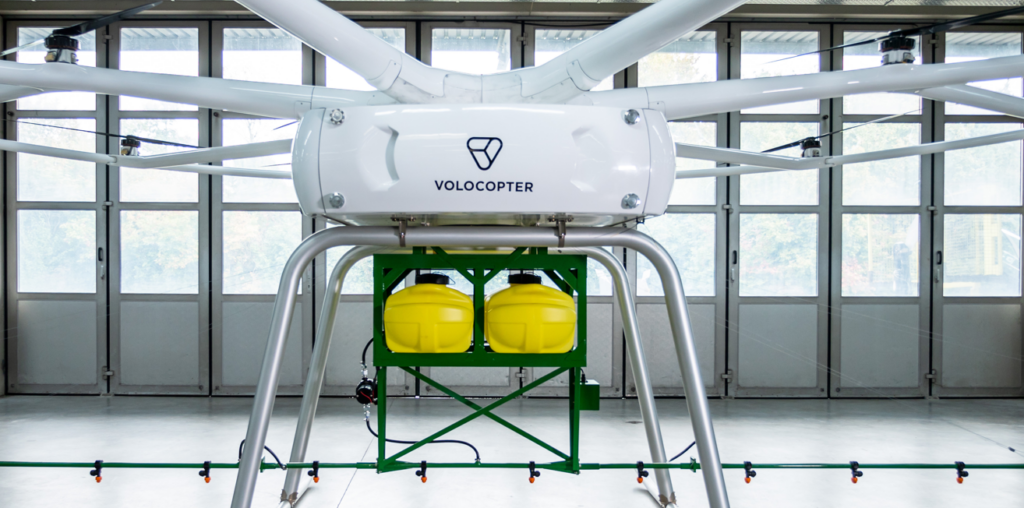Written by Chris Fellows
In the realm of agriculture, a technological revolution is underway, reshaping the landscape from traditional practices to cutting-edge innovations. This transformation, encapsulated by the term “agri-tech,” is not merely about mechanised machinery or futuristic drones; it represents a multifaceted evolution that spans the entire agricultural supply chain not just changes on farms.
Agri-tech embodies a spectrum of advancements that are revolutionising production, bolstering productivity, and addressing pressing challenges within the agricultural sector. From harnessing the power of Artificial Intelligence (AI) and machine learning to embracing biotechnology and precision technology, agri-tech is propelling agriculture into a new era of efficiency, sustainability, and resilience.
At its core, agri-tech encompasses a diverse array of innovations aimed at optimising every facet of agricultural operations. Whether it’s employing robots for labour-intensive tasks, leveraging AI to enhance animal welfare, or harnessing biotechnological solutions to bolster crop resilience and nutritional content, the impact of agri-tech reverberates throughout the agricultural landscape.
- Artificial Intelligence and Machine Learning
- Biotechnology
- Precision Technology
- Smart Farming
- Vertical Farming and Indoor Agriculture
- Drones and Earth Observation Technologies
- Water Management Technologies
- Aquaculture Technologies
- Livestock Genetics and Veterinary Science
The potential of agri-tech to drive growth, sustainability, and resilience across the agricultural sector is immense. By fostering cross-sector collaboration and embracing farmers as well as farming, agri-tech innovations can unlock new opportunities for agricultural productivity, profitability, and environmental stewardship.
As we embark on this journey of technological transformation in agriculture, farmers need to stand as beacons of innovation. We need to guide the sector towards a future where agriculture is not only productive and profitable but also sustainable and resilient. Farmers and researchers need to work together, listen to each other and create solutions that really drive change not just sound good in a presentation.

